For People Living Within Prisons and Jails
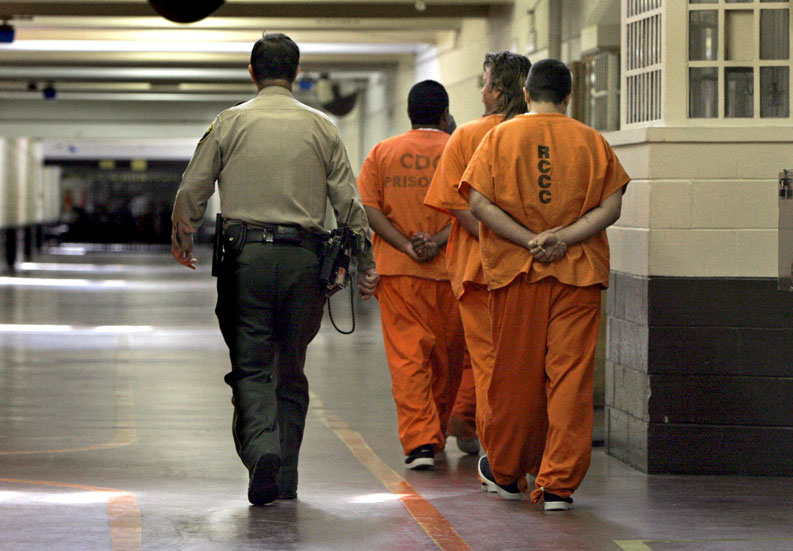
COVID-19 is a disease caused by a virus (SARS-CoV-2) that spreads easily from person to person. It is crucial to defend yourself from getting coronavirus because it could make you very ill.
Living in prisons and jails puts you at greater risk for getting COVID-19 because:
It might be hard to stay at least six feet away (two arm lengths), also known as physical distancing, from other people.
There might not be enough space to keep people with COVID-19 away from others.
You might be sharing space with someone who has the virus and doesn’t know it, because they are not coughing or showing other signs and symptoms.
Staff or visitors might have the virus and not know it.
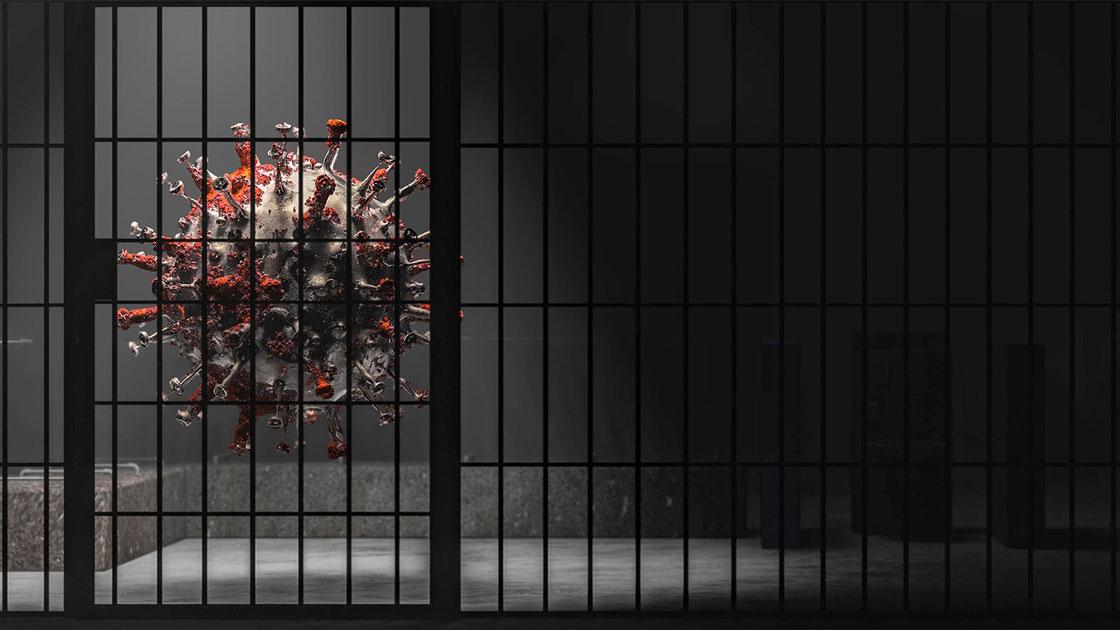
About COVID-19
Many people who have COVID-19 don’t feel ill.
For those who do feel ill, some signs and symptoms of COVID-19 include:
Fever/chills
Coughing
Feeling tired
Having a hard time breathing
Pain in the head or body
Loss of taste or smell
Sore throat
Stuffy or runny nose
Nausea/vomiting
Diarrhea
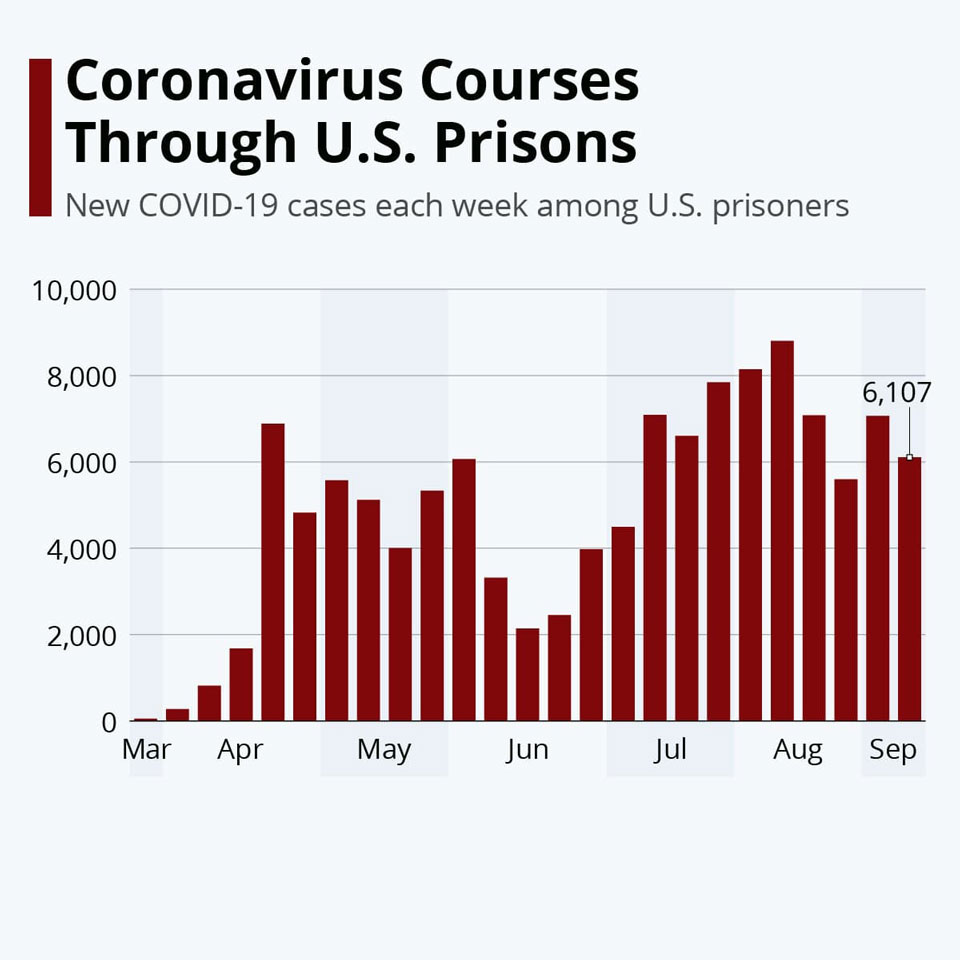
How COVID-19 Spreads
If physical distancing is not maintained, the virus might spread when a person with COVID-19 breathes, coughs, sneezes, talks, or sings.
Droplets develop as you breathe. These droplets could contain the virus. If people nearby breathe in the droplets, then they could get infected.
Sometimes, droplets could stay in the air for minutes to hours and infect someone more than six feet away.
Droplets could stay in the air for minutes to hours. Droplets could also infect someone more than six feet away.
Less commonly, people might get infected by the virus by touching something with the virus on it and then touching their mouth, nose, or eyes.
People at Risk for COVID-19
Anyone could get infected. Older adults and people with specific health problems tend to get sicker with COVID-19. Some of these problems include:
Cancer
Chronic kidney disease
Chronic liver disease
Down syndrome
Heart problems
Obesity
Pregnancy
Sickle cell disease
Smoking
Type 2 diabetes
Weakened immune system from solid organ transplant
If you have any of these health problems, it is more crucial than ever to protect yourself and get the COVID-19 vaccine when it is available to you.
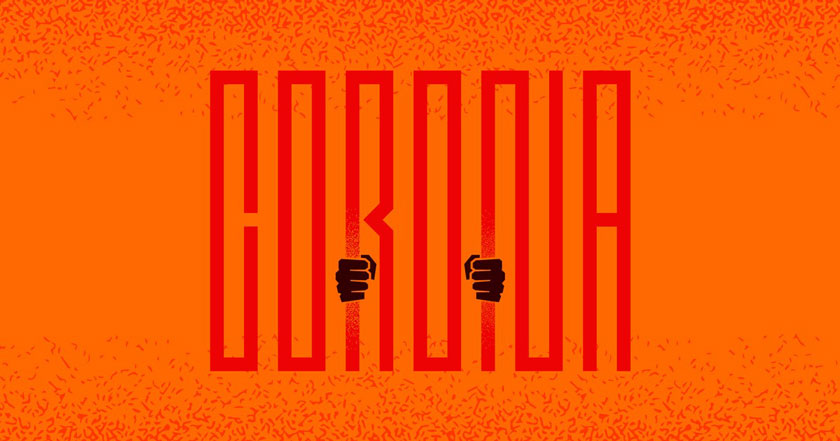
Protect Yourself and Others
Vaccines might keep you from getting ill, being hospitalized, or dying from COVID-19. Get a vaccine as soon as you could.
Maintaining physical distance could protect you from different types of COVID-19 (for example, Delta).
Avoid crowds as much as possible, and try to distance yourself at the time of:
Recreation, particularly when inside
Mealtime (if in a dining region with people from other units)
Walking in hallways
Wear a mask that covers your nose and mouth, particularly when around staff or people from a different housing unit.
Always wash your hands with soap and water for at least twenty seconds:
After touching your mask
Before touching your face
After coughing, sneezing, or blowing your nose
After using the bathroom
Before eating
Before and after making food
Before taking medicine
Common Spaces
Go outside for your recreation time if you could.
Sleep from head to toe if you have more than one bed in the room. This gives you more space between your face and the others around you.
If visitors are allowed, visitors might be screened for COVID-19 and asked to wear a mask. Visitors might not be able to enter the building if they don’t clear the screening process (for instance, a temperature check), or if they decline to be screened.
If You Were Near Someone with COVID-19
You might be tested for the virus even if you do not feel ill.
You might be sent to a region away from others. This is known as quarantine.
Quarantine separates people who were exposed to COVID-19 to see if they become ill.
This room might be a single cell or a large region with others.
Quarantine helps defend you from getting or spreading the virus to others.
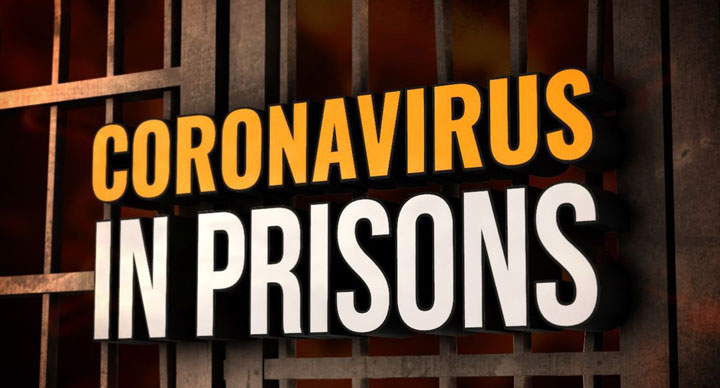
What to Do if You Feel Ill
Tell a correctional officer or staff member if you feel ill so you could get medical care.
You might be sent to a region by yourself. This is known as medical isolation.
Medical isolation separates people who might have COVID-19 from people who are not ill. This is so you do not get others ill.
This room might be a single cell or a large region with others who are also ill.
Medical isolation is not to punish you.
You might be tested for COVID-19.
If your test is positive, showing you have COVID-19, you will need to stay in medical isolation for at least ten days.
If your test is negative, but you were near someone with COVID-19, you might be sent to a quarantine region to see if you develop COVID-19.
A negative test result means that you probably didn’t have COVID-19 at the time of testing or that it was too early in your infection.
You can be exposed to COVID-19 after being tested.
You might be tested again.
If you or anyone you know is suffering from coronavirus (COVID-19), our expert providers at Post Covid Centers will take care of your health and help you recover.
Call 469-545-9983 to book a telehealth appointment for a home check-up.
Post Covid Syndrome vs. Fatigue
While COVID-19 is a short-lived disease in most people, others experien...
Post Covid Syndrome vs. Skin Weakness Problems
A new study illustrates that some patients with COVID-19 disease have continuous skin-associated symptoms...
RELATED BLOGS
